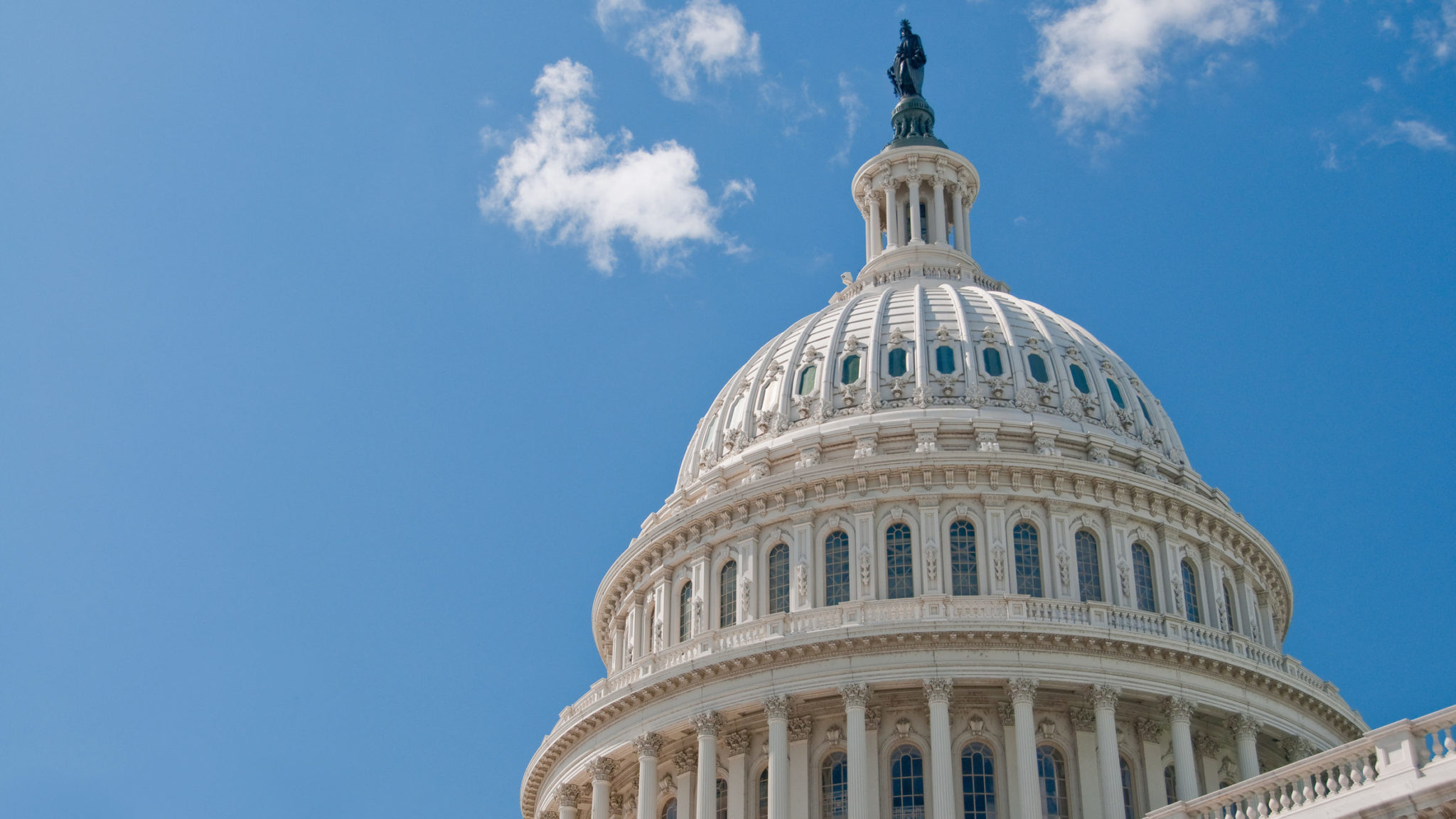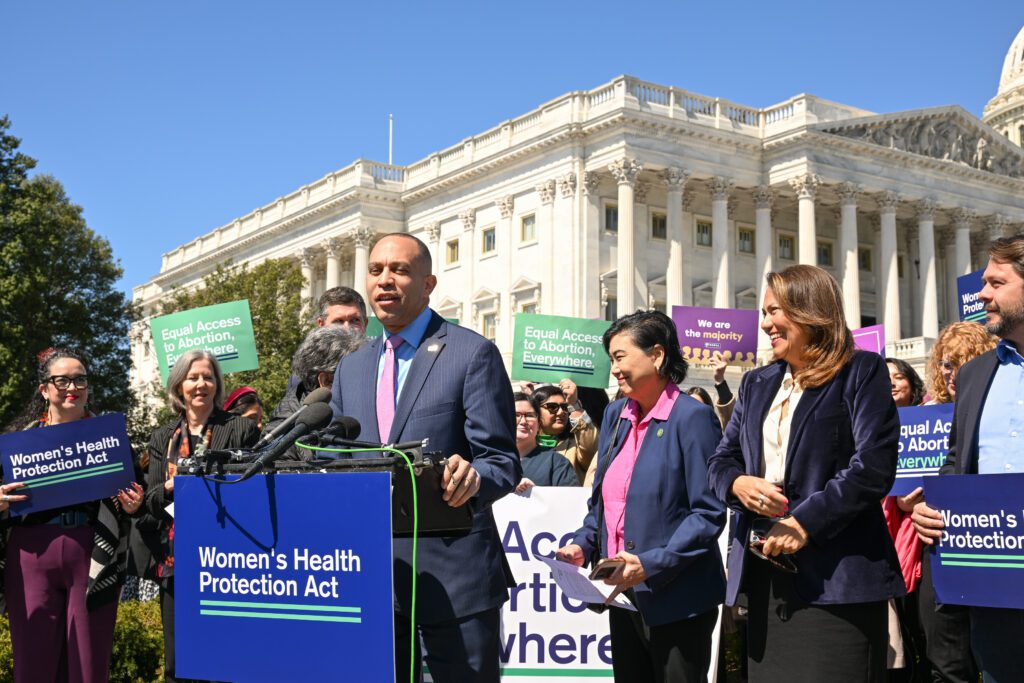U.S. House to Take Historic Vote on the Women’s Health Protection Act
The federal bill would protect the right to access abortion care in every state.

The U.S. House of Representatives will hold its first-ever vote on the Women’s Health Protection Act (WHPA) in coming days. When enacted, WHPA will safeguard abortion access from state-level bans and restrictions. This vote, which is expected on Friday, will mark the first time ever the House has voted on proactive, standalone legislation protecting abortion rights.
The vote will come on the heels of Texas’s enactment of S.B. 8, the country’s most restrictive abortion ban that has been allowed to take effect. The Texas law prohibits abortion after about six weeks of pregnancy and incentivizes private individuals to sue anyone who provides abortion care or helps someone get care in Texas.
“SB8 delivers catastrophe to women in Texas, particularly women of color and women from low-income communities. Every woman, everywhere, has the constitutional right to basic health care,” said Nancy Pelosi, Speaker of the House of Representatives, in a statement announcing the vote. “Upon our return, the House will bring up Congresswoman Judy Chu’s Women’s Health Protection Act to enshrine into law reproductive health care for all women across America.”
The Women’s Health Protection Act has significant support in the current Congress, with 214 co-sponsors in the House and 47 in the Senate. WHPA was introduced by lead sponsors Representatives Judy Chu (D-CA), Lois Frankel (D-FL), Ayanna Pressley (D-MA), and Veronica Escobar (D-TX) and Senators Richard Blumenthal (D-CT) and Tammy Baldwin (D-WI).
Tell your representatives in Congress to vote yes for WHPA today.>>
The Center for Reproductive Rights is part of a broad coalition of more than 100 organizations spearheading the effort to build support for the Women’s Health Protection Act.
WHPA is the Federal Bill that Addresses the Wave of Attacks Meant to Eliminate Abortion Access
The Texas abortion ban is just one of hundreds of laws passed in the last decade designed to eliminate abortion access in the U.S., particularly in the South and Midwest. These laws make it extremely difficult, and often impossible, for people to access abortion care where they live—and disproportionately impact people who already face discriminatory obstacles to health care.
Since it took effect on September 1, S.B. 8 has ended almost all abortion care in Texas, forcing people to travel out of state to obtain care or attempt to self-manage their abortion. The ban will force many people who can’t access care in Texas to carry a pregnancy to term against their will.
The Women’s Health Protection Act safeguards abortion access against these attacks by creating a statutory right for health care providers to provide, and a corresponding right for their patients to receive, abortion care–free from restrictions and bans.
Voters Support the Women’s Health Protection Act
Nationally representative polling, conducted by Hart Research in January, found that 61% of voters support passage of a national law that would protect the constitutional right to access abortion by creating a nationwide safeguard against bans and medically unnecessary restrictions on abortion. The Women’s Health Protection Act would accomplish that.
The polling also found that nearly seven in 10 voters believe that the constitutional right to abortion should be protected. And when informed that 24 states are likely to ban abortion completely if Roe v. Wade is overturned, 58% of voters nationwide said that this is a big concern.
If enacted, WHPA would protect the right to access abortion care in every state, even if Roe v. Wade were weakened or overturned.
Read more:

